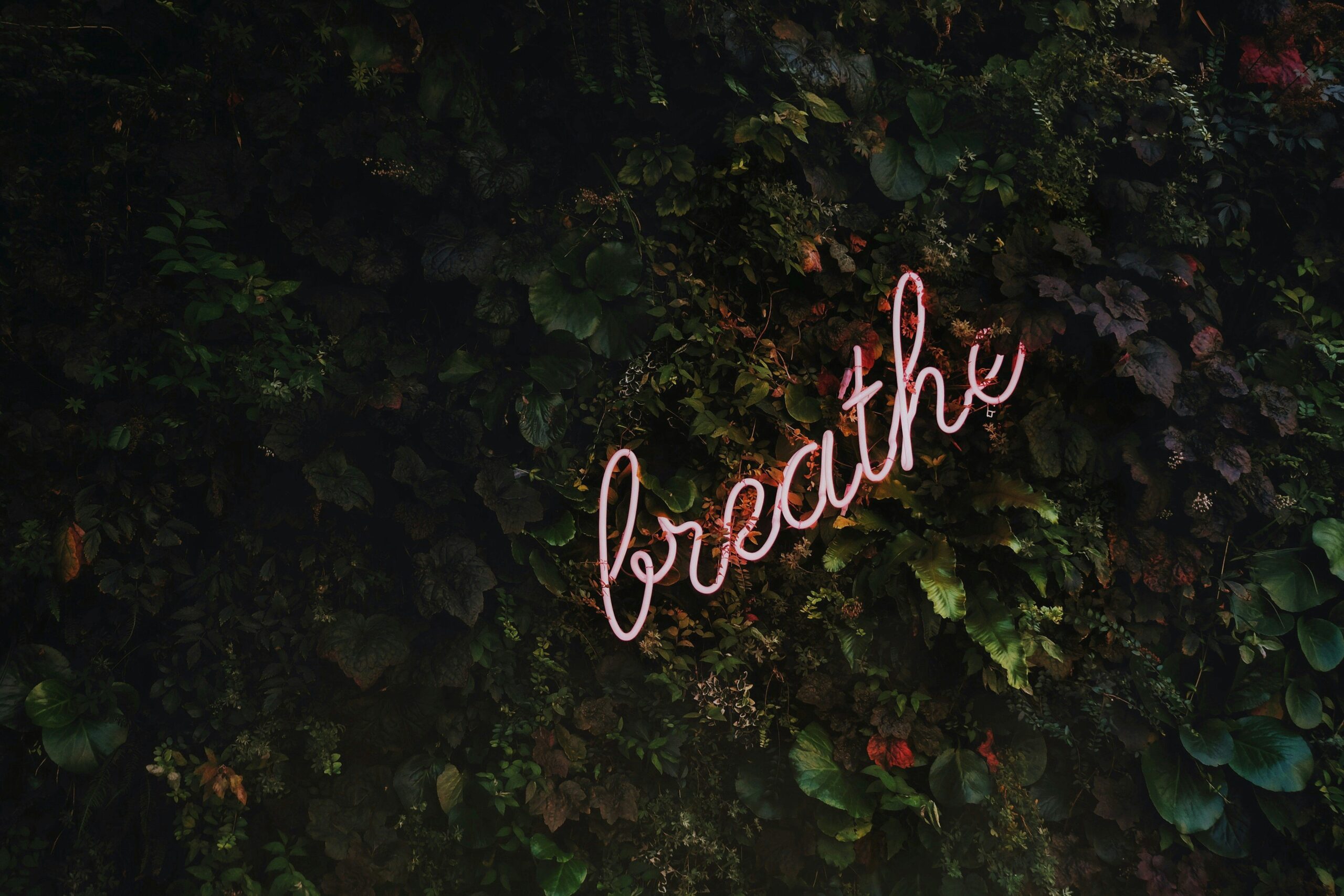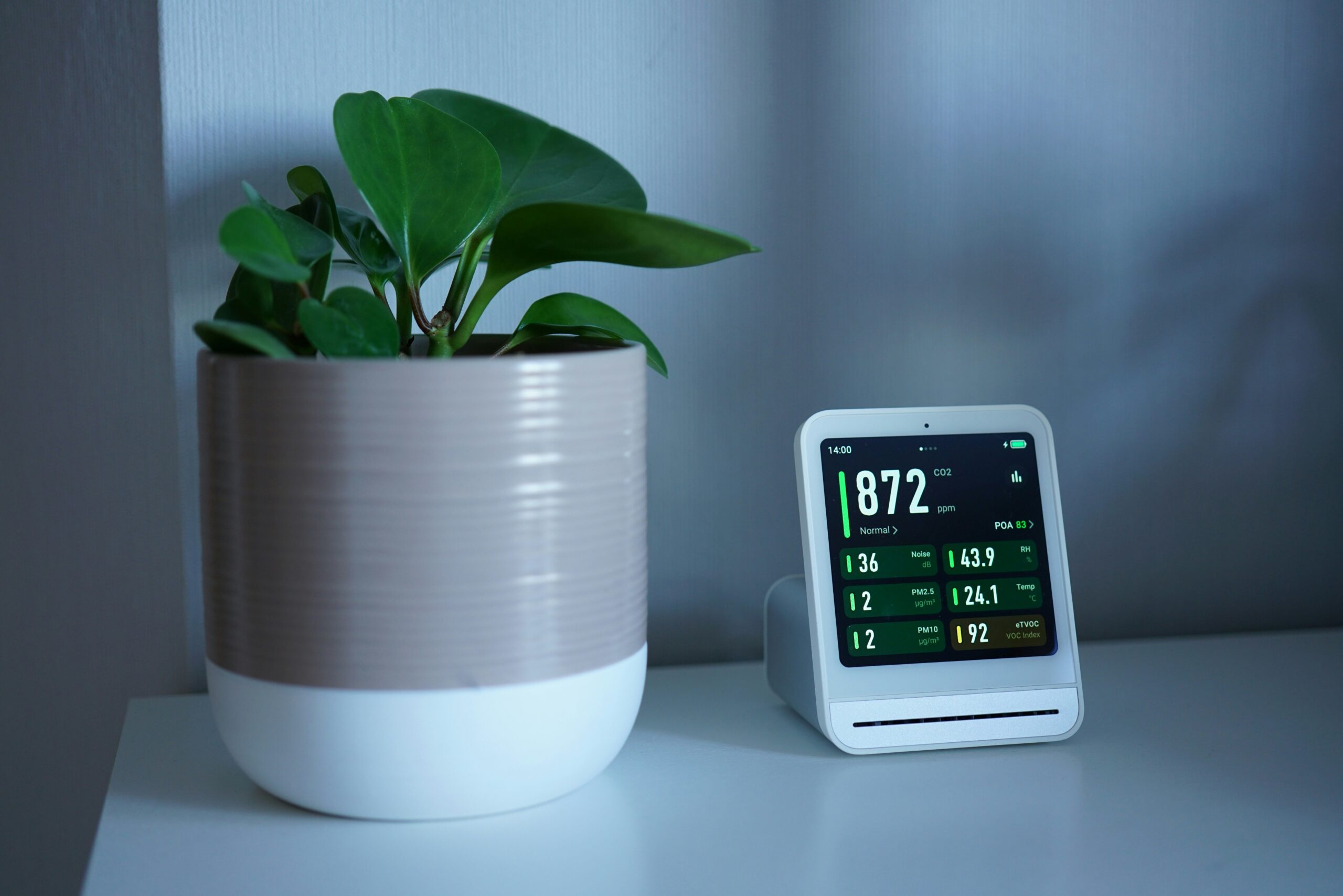“Ever felt like your brain was running on a hamster wheel? Yeah, us too. And trust me, downloading Candy Crush didn’t help.”
Stress is everywhere, but thanks to advancements in technology, we can now harness the power of artificial intelligence to reclaim our mental well-being. This post dives deep into AI wellness apps, explaining how they work, which ones are truly worth your time, and tips to maximize their use. By the end, you’ll have everything you need to find your zen—courtesy of AI.
Table of Contents
- The Problem: Why We’re Stressed Out & What Role AI Can Play
- How AI Wellness Apps Work: A Step-by-Step Guide
- Best Practices for Maximizing AI Wellness Apps
- Real-Life Examples: Apps That Actually Deliver
- FAQs About AI Wellness Apps
Key Takeaways
- AI wellness apps analyze personal data to offer tailored stress management strategies.
- Features include mood tracking, meditation coaching, mindfulness exercises, and even sleep optimization.
- Choosing the right app means assessing usability, customization options, and integration with other devices.
The Problem: Why We’re Stressed Out & What Role AI Can Play
Let’s face it: life in 2024 feels like drinking from a firehose. Between deadlines, social media pressure, and global chaos, stress has become a default mode for many of us. In fact, studies show that 83% of workers report feeling overwhelmed at least once per week. Yikes.
I’ll be honest—I’ve been there. Last year, I tried meditating using some random YouTube video while my toddler screamed in the background. Needless to say, it didn’t go well. But then I discovered AI wellness apps, and let me tell you, it felt like trading in my old flip phone for an iPhone.

“Optimist You:” These apps will transform your mental health overnight!”
“Grumpy You:” Ugh, fine—but only if coffee’s involved.”
How AI Wellness Apps Work: A Step-by-Step Guide
So, how do these magical tools actually function? Here’s the breakdown:
Step 1: Data Collection
Most AI wellness apps start by collecting user data through surveys, wearable devices (like Fitbit), or direct input about daily activities. Think of this as giving AI permission to peek inside your brain—not creepy, just super helpful.
Step 2: Personalized Insights
Once the app knows your habits, preferences, and stress triggers, it uses machine learning to create custom recommendations. For example, if it notices you’re most stressed after evening meetings, it might suggest a calming breathing exercise around 7 PM.
Step 3: Continuous Feedback Loop
The best part? AI doesn’t stop learning. As you interact more with the app, its suggestions get smarter and more accurate. It’s kind of like having a therapist who evolves alongside you.

Best Practices for Maximizing AI Wellness Apps
Ready to make these apps work for you? Follow these steps:
- Choose Based on Your Needs: Not all apps are created equal. Some focus on meditation; others prioritize sleep hygiene. Pick one aligned with your goals.
- Sync Wearables: If you own a smartwatch or fitness tracker, connect it to your app for richer insights.
- Set Reminders: Consistency is key. Let the app nudge you when to breathe, stretch, or take breaks.
- Avoid Overloading: Terrible tip alert! Don’t download every single app out there. Stick to one or two max.
Real-Life Examples: Apps That Actually Deliver
Enough theory—let’s talk specifics. Below are three standout examples:
Example 1: MindfulMe AI
This app uses voice recognition technology to identify tone patterns during journal entries, helping users pinpoint emotional highs and lows. One reviewer said, “It’s like having a mood detective in my pocket!”
Example 2: Zenify Pro
Zenify integrates AI algorithms with guided meditations. Fancy yourself a beginner? No worries—it gently nudges you toward longer sessions as you progress.
Example 3: SleepSage
SleepSage analyzes nocturnal movement via your phone’s accelerometer to optimize sleeping conditions. Bonus points for hilarious AI-generated bedtime stories!

FAQs About AI Wellness Apps
Are AI wellness apps safe?
Yes, provided they comply with privacy standards like GDPR. Always read terms before signing up.
Do I need fancy tech to use them?
Not necessarily. Most apps run smoothly on smartphones without requiring additional gadgets.
Can they replace therapy?
Nope, sorry. They’re complementary tools, not substitutes for licensed professionals.
Conclusion
Life throws curveballs, but AI wellness apps give you a secret weapon against stress. From personalized insights to actionable tips, these tools empower you to take control of your mental health in ways never possible before.
Before you dive in, remember: consistency beats perfection. So grab your favorite latte (or chamomile tea) and get started today. Your future self will thank you.
Random Haiku Edition:
Stressed mind meets calm code,
Phone whispers breaths to still waves.
Peace blooms screen-deep roots.


